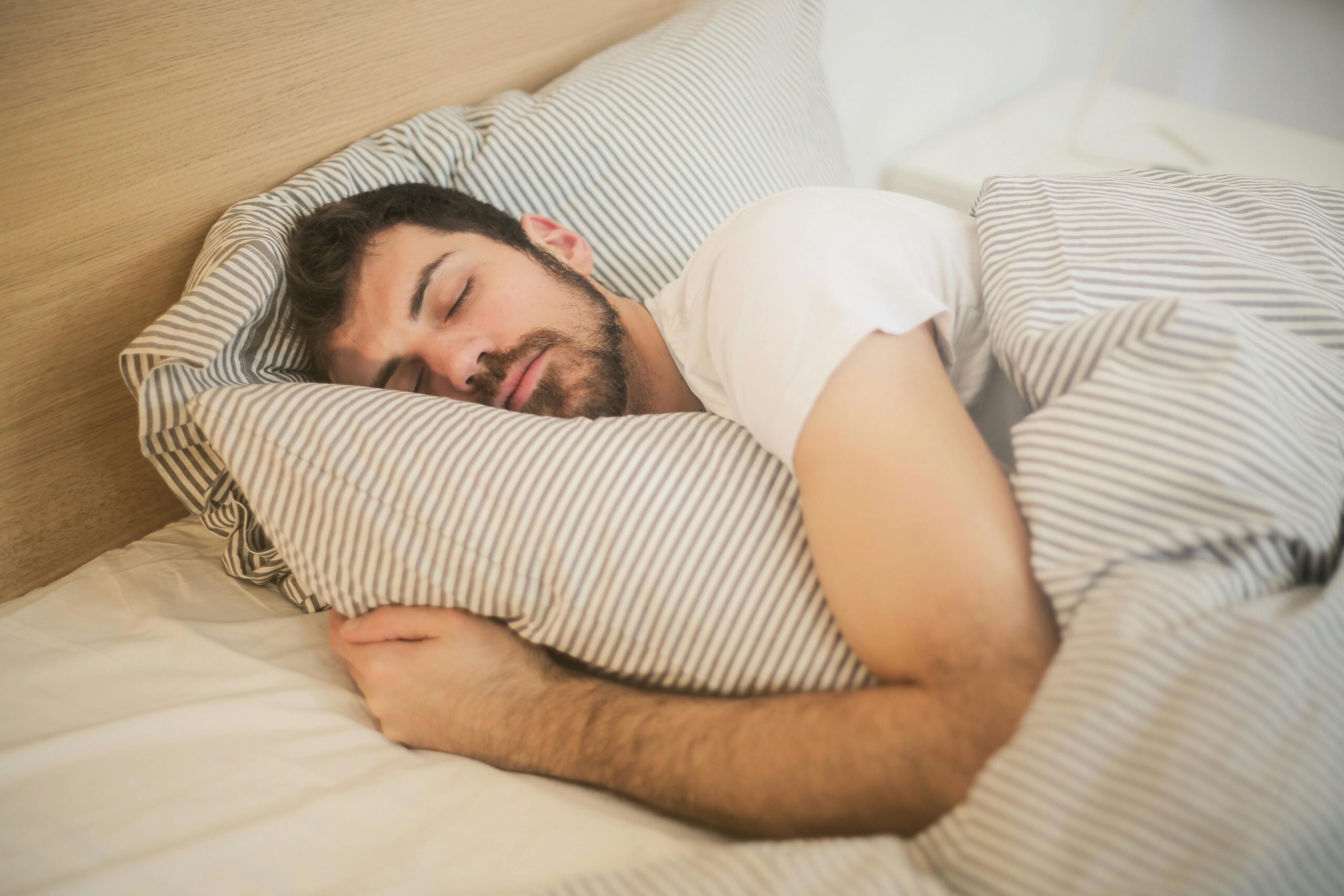If your sleep at night is often disrupted and you have a history of snoring with momentary stoppages of breathing, don’t take it lightly. This could well affect your memory and other brain functions.
The symptoms of obstructive sleep apnea (OSA) and poor sleep quality have a direct adverse impact on cognition.
The objective of the study was to determine if OSA symptoms and poor sleep quality are independently associated with cognition in middle-aged and elderly urban Indian populations.
The analysis of the data of 6,795 individuals, including 49% women aged 50 years and above, found that OSA symptoms were negatively associated with cognitive domains of information processing, memory and general intelligence factors. Stratified analysis showed significant adverse effects of OSA symptoms on cognition for middle aged people (50-60 years old), but not in later age groups. Poor sleep quality was also associated with lower cognitive scores for general intelligence factor, memory and executive domain.
Researchers said that these results have important implications for preventing dementia in adults who are middle-aged and older. Both OSA symptoms and poor sleep quality are modifiable risk factors that may be targeted for the prevention of cognitive deficit in middle-age and older adults.
“In the absence of awareness of OSA symptoms, its adverse effects, unwillingness to accept treatment and dilemma among doctors on when/for whom to start treatment, many individuals who might benefit from treatment to possibly prevent neurodegeneration remain bereft.”
“Individuals who have poor sleep quality or any indication of OSA should avail treatment to avoid any adverse effect on the memory and other brain functions.”
Cognitive function was found to be impaired in people who had disruption in their sleep quality, meaning their executive functions like planning, designing, comprehension and problem solving were compromised.
Giving tips on getting a good sleep, said that an individual should sleep and wake up at the same time every day, reduce consumption of alcohol, caffeine, nicotine and other stimulants, especially after 2 pm, avoid dozing off in the mornings and meditate or do mind relaxing exercises in the evening or night. It would also help to eat at a regular time and to avoid large fatty or oily meals at night.
The last meal should be at least three hours before BEDTIME.





